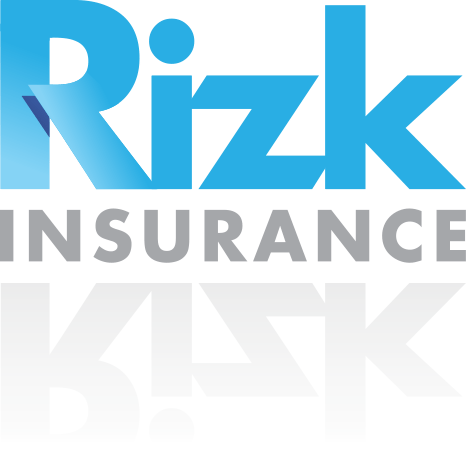[vc_row css_animation=”” row_type=”row” use_row_as_full_screen_section=”no” type=”grid” angled_section=”no” text_align=”left” background_image_as_pattern=”without_pattern” css=”.vc_custom_1520458188979{padding-right: 50px !important;padding-left: 50px !important;}” z_index=””][vc_column][vc_column_text]You are driving to work one morning and stop at a red light beside another driver. As you look over, you notice the driver flossing their teeth, the light turns green and you drive away. That afternoon, you leave your office to attend a meeting and pass a driver talking on their hand-held cell phone. As you pull into a parking lot you notice a driver patrolling the lot while they are searching their GPS.
We have all heard the term ‘distracted driving’ but what exactly is distracted driving? What does the legislation encompass, and what are the monetary fines associated with it?
Distracted driving is more than texting while driving. The distracted driving legislation applies to cars, motorcycles, recreation vehicles, truck tractors, farm vehicles, and bicycles. Yes, you read right, bicycles! It applies to all drivers who are actually driving, who are stopped at red lights or stop signs, and who are in drive-thrus.
Distracted driving specifically applies to all drivers who:
- Use hand-held cell phones;
- Text or email while driving;
- Operating electronic devices like video players and laptops;
- Enter information on GPS units;
- Read or write;
- Engage in personal grooming (brushing and flossing teeth, putting on makeup, curling hair, clipping nails or shaving).
Effective January 1, 2016, the penalty in Alberta for distracted driving is a $287 fine and three demerit points. If a driver is exhibiting more risky behavior, they can be charged with driving carelessly which carries a fine of $402 and six demerit points.
So, what are you allowed to do while driving? Here is a non-comprehensive list:
- Use a cell phone in hands-free mode;
- Drinking or eating;
- Smoking
- Talking with passengers;
- Listening to an audio player (as long as it was turned on before you start driving);
- Calling 911;
- Using two-way radios or hand-held radios when required to stay in contact with one’s employer;
- Emergency personnel, such as EMS, police and fire rescue, are allowed to use hand-held radio communications and electronic devices while performing their duties
There have been huge strides made in building awareness and educating drivers on distracted driving. So what can you do if you witness someone engaged in distracted driving or rather what should you not do? You should not call 911 unless there is a significant risk and the driver is displaying erratic behavior. Rather, you are asked to report distracted drivers to your local police station, identifying the driver, vehicle and be willing to testify as a witness in court. Also, by taking the time to ensure you are educated in the distracted driving legislation and sharing this information will continue to broaden the reach of drivers who understand what the legislation is and what it entails. We all share the road and distracted driving affects us all.
Do you have questions about this article or about auto insurance in general?
Contact Rizk Insurance today and we’ll help answer any inquiries you may have.[/vc_column_text][/vc_column][/vc_row]
